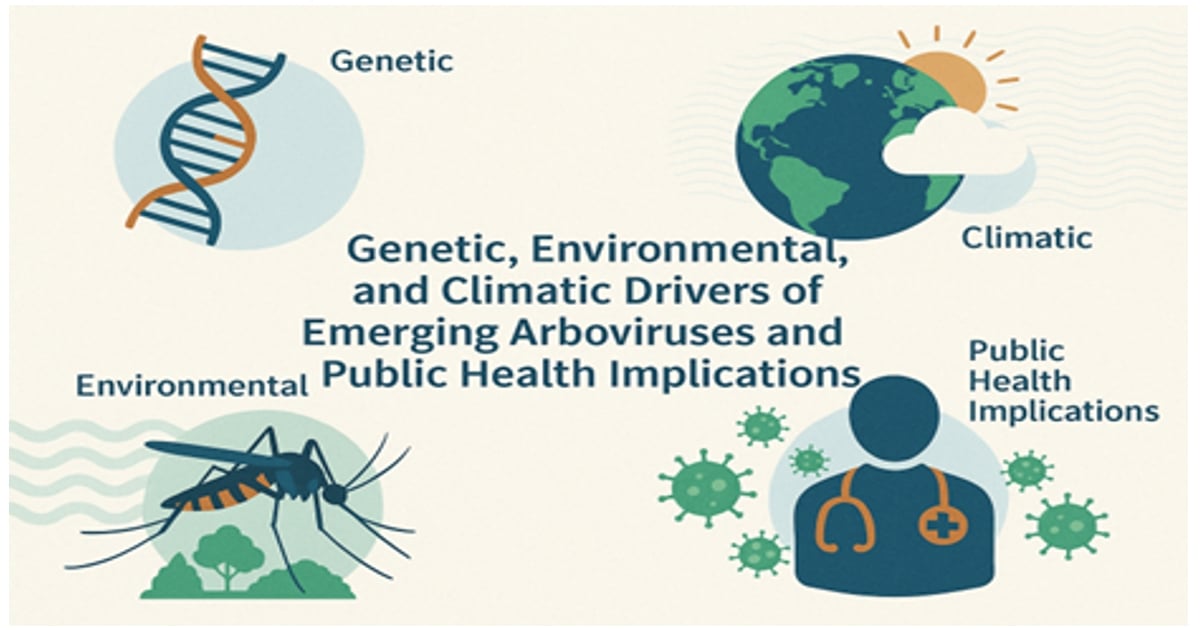Genetic, Environmental, and Climatic Drivers of Emerging Arboviruses and Public Health Implications
Topic Information
Dear Colleagues,
The epidemiology of arboviral infections is undergoing profound changes in response to complex interactions among viral genetics, environmental disturbances, and climate variability. Arboviruses such as Dengue virus (DENV), Chikungunya virus (CHIKV), Zika virus (ZIKV), Yellow Fever virus (YFV), West Nile virus (WNV), and the increasingly significant Oropouche virus (OROV) have shown expanding geographical distribution, evolving pathogenic profiles, and unexpected clinical severity in recent years.
These changes are influenced not only by the natural biology of the viruses and their vectors but also by anthropogenic environmental alterations—including deforestation, unplanned urbanization, and biodiversity loss—as well as climate change, which is altering vector habitats, transmission seasons, and population vulnerability.
We invite contributions that investigate viral evolution and genomic variation, vector ecology and adaptation, anthropogenic environmental disturbances, and the effects of climate change on transmission patterns. Special attention will be given to how these forces influence outbreak dynamics, disease severity, and the capacity of health systems to respond. Comparative studies exploring the co-circulation of arboviruses, differential diagnostic challenges, and spillover potential are also welcome.
Submissions may include original research, systematic reviews, viewpoints, modeling studies, and case reports. Comparative analyses across different pathogens or regions are encouraged, as are studies that highlight the public health implications of emerging arboviruses for vulnerable populations such as neonates, pregnant women, and those in socioeconomically or environmentally fragile settings.
This Topic aims to foster collaboration among virologists, entomologists, public health professionals, environmental scientists, and epidemiologists, ultimately supporting more integrated approaches to surveillance, prevention, and preparedness in the face of growing arboviral threats. By bridging disciplines and focusing on both upstream (environmental and genetic) and downstream (clinical and systemic) determinants of arbovirus emergence, we aim to promote a comprehensive understanding that can inform policy and practice in a rapidly changing global health landscape.
Prof. Dr. André Ricardo Ribas Freitas
Prof. Dr. Pedro María Alarcón-Elbal
Prof. Dr. Luciano Pamplona de Góes Cavalcanti
Topic Editors
Keywords
- arboviral infections
- epidemiology
- viral evolution
- climate change
- vector ecology
- environmental disturbances
- transmission patterns
- Zika virus
- public health
- dengue virus
- vulnerable populations
- health systems

